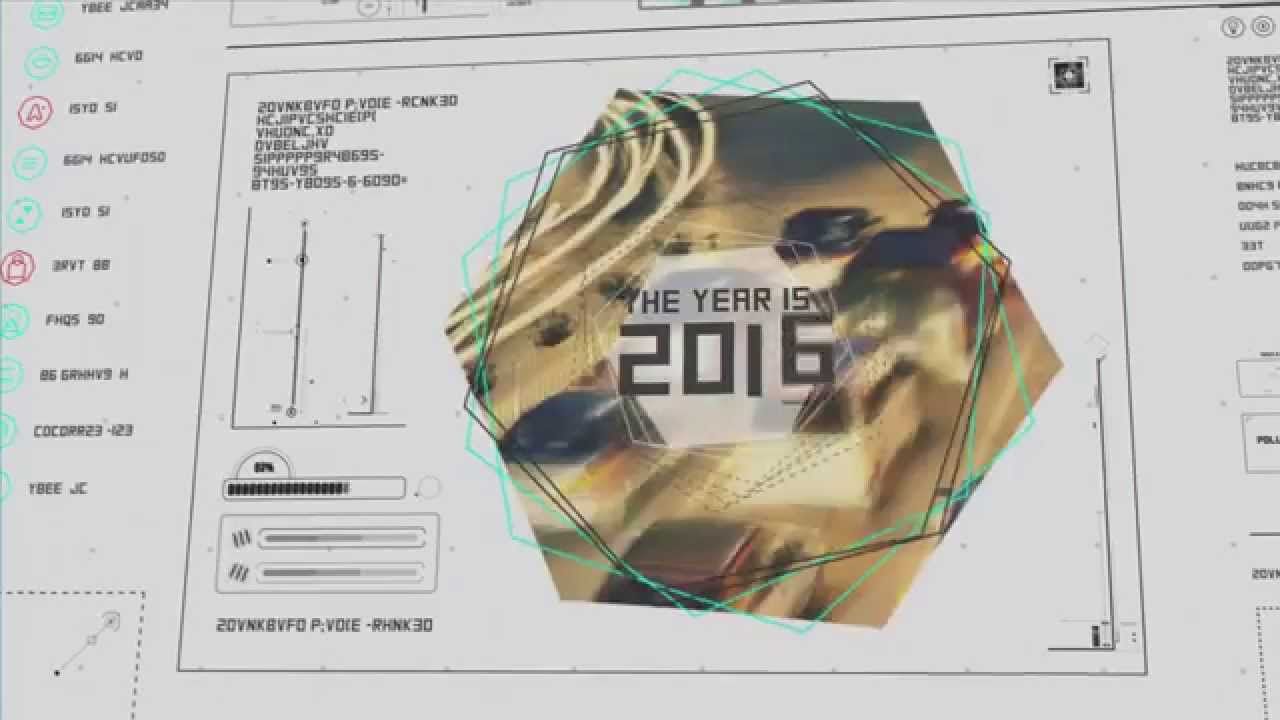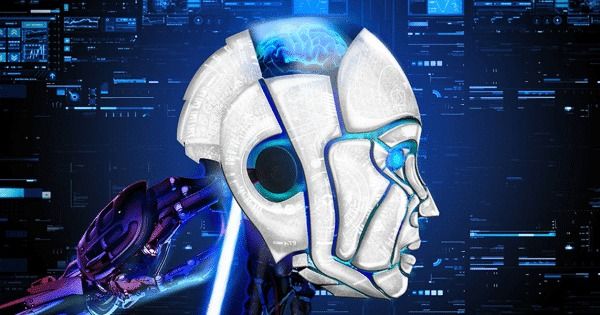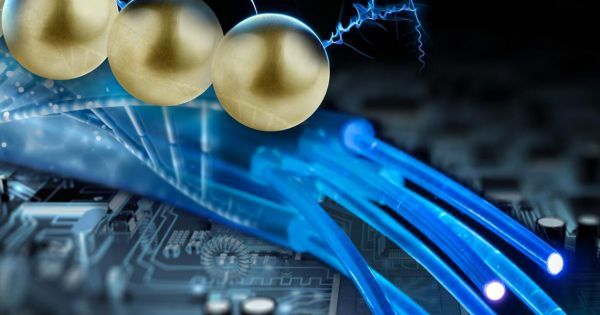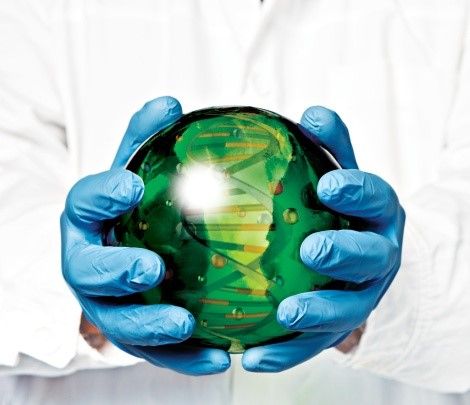
Dear men, beware! Prolonged exposure to work-related stress may increase likelihood of cancer. The findings indicate that the link was observed in men, who had been exposed to 15 to 30 years of work-related stress and in some cases, more than 30 years. According to the study published in journal of Preventive Medicine, prolonged exposure of men to work-related stress has been linked to an increased likelihood of lung, colon, rectal and stomach cancer and non-Hodgkin lymphoma. Researchers at INRS and Université de Montréal in Canada conducted the study to assess the link between cancer and work-related stress perceived by men throughout their working life. On average, the study participants had held four jobs, with some holding up to a dozen or more during their working lifetime. A link between work-related stress and cancer was not found in participants who had held stressful jobs for less than 15 years. Significant links to five of the eleven cancers considered in the study were revealed.
The most stressful jobs included firefighter, industrial engineer, aerospace engineer, mechanic foreman, and vehicle and railway-equipment repair worker and for the same individual, stress varied depending on the job held. The study also shows that perceived stress is not limited to high work load and time constraints. ‘One of the biggest flaws in previous cancer studies is that none of them assessed work-related stress over a full working lifetime, making it impossible to determine how the duration of exposure to work-related stress affects cancer development,’ the authors explained. ‘Our study shows the importance of measuring stress at different points in an individual’s working life,’ the authors noted.
Read more

















